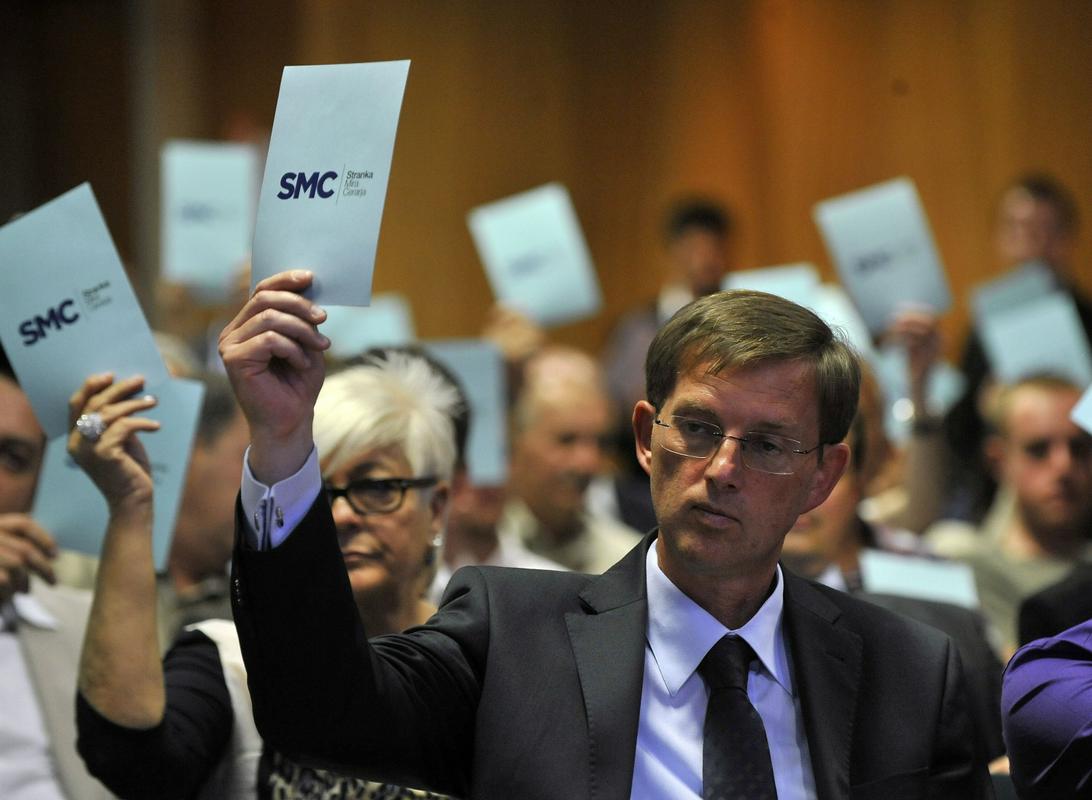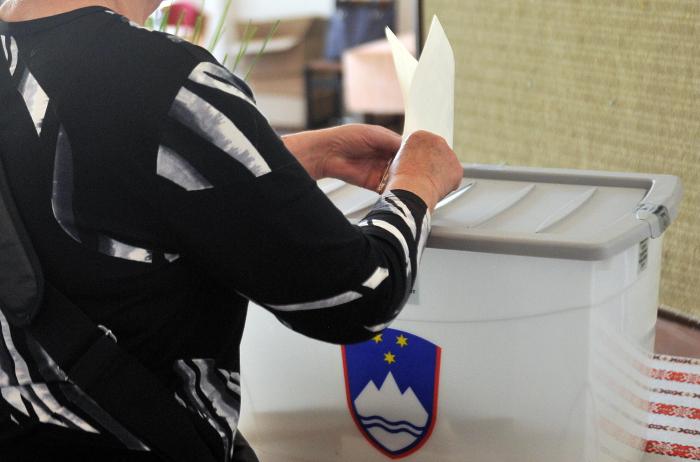

Slovenia, a euro zone member which narrowly avoided an international bailout last year, will hold a parliamentary election on July 13 after its current prime minister, Alenka Bratušek, lost the leadership of her ruling centre-left party. The opinion poll published by the Delo newspaper showed 41 percent of Slovenians want political newcomer and legal expert Miro Cerar as prime minister. Only 11 percent back conservative opposition leader Janez Janša and five percent favour Bratušek.
But political analysts cautioned that it was too soon to predict whether Cerar's SMC party would lead the next government because its support remains untested and the poll showed that about one in five voters remains undecided. "The support for the new party shows that people want change and are not satisfied with the present political elite," said Borut Hočevar, an analyst at daily Finance. "It is too soon to say whether SMC will indeed win the election since the party has not yet revealed its stand on subjects like the economy and privatisation and has not yet made a solid voting base," Hočevar said.
Economy concerns
The poll, based on a sample of 400 people between June 10-12 by a polling agency Delo Stik, did not rank the political parties but its results were in line with five other polls published over the last week. All have shown that the SMC, formed on June 2 by Cerar, a law professor and parliament's legal adviser, would take first place with between 15 and 32 percent of the vote.
SMC has said it plans to liberalise the economy and improve the efficiency of the public sector, but has not published its views on privatisation, an issue many ordinary Slovenians and successive previous governments have opposed in the past. It has only said Slovenia should retain control over its infrastructure and strategic resources. Bratušek's government is trying to sell 13 firms, including the second largest bank Nova KBM and telecom operator Telekom Slovenia.
Slovenia was the fastest growing member of the euro zone in 2007, the year it joined the common currency bloc, but its economy hit a wall when the global financial crisis struck in the following year. Last December, it barely avoided an international bailout by pumping some 3.3 billion euros of its own funds into local banks to prevent them collapsing under a large load of bad loans. Bratušek's government expects Slovenia's economy to expand by 0.5 percent this year due to a rise of exports after two consecutive years of recession.
Reuters


































































